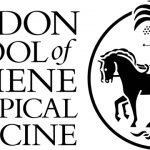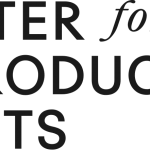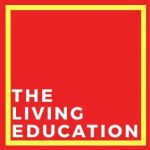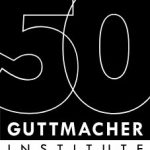Initial scoping mission of sexual and reproductive health and rights networks and organizations for Share-Net international: Report on visit to the Royal Netherlands Embassies in Burundi
Posted by Share-Net NL on July 17, 2014 at 4:33 am
In this mission a first understanding has been developed of the SRHR sector in Burundi and the main players have been identified. In Burundi there is a multinational plan for SRHR , a clear oversight of programmes in operation and a strong Dutch commitment for the SRHR sector. Here many new initiatives are being launched and there is a need for close communication and collaboration with all actors in order to prevent overlap and redundant activities.
Dutch funding into the SRHR sector in Burundi is strong and there are many national, bilateral and unilateral initiatives and programmes. One option for the platform is to support a structure or strengthen some collaborating organizations; creating a knowledge node or network will have a real additional value to the SRHR work in Burundi. Another option would be a regional approach and linking to the Knowledge Translation Network in Uganda or the Great Lakes University Kisumu that has links with institutes in many countries including Burundi, or the School of Public Health in Rwanda that also hosts regional networks.
In this short scoping mission some interviews were held with government representatives. In the future assessment insights need to be gained into government as well as other knowledge institutes both public and private
Studies have been carried out but until now there is too little evidence as to which approaches work best to reduce unintended pregnancies and make SRHR services responsive to the needs and realities of young people. Approaches like structural male involvement, cash transfer for women and safe spaces related to SRHR are potential strategies to be tested. There is definitely space and a need for additional research, especially action research.
In Burundi there is a need for more evidence in the field of young people, especially young girls and unintended pregnancies and all factors contributing to early sexual debut, including socio and religious determinants all in the context of a post-conflict fragile state.
To conclude, in Burundi the Netherlands SRHR development cooperation is focused on SRHR and gender and there are solid programmes in operation. A new Knowledge Platform should have a clear supplementary function to those and not overlap with current and future activities. Expected outcomes of a knowledge network and regional action research should clearly contribute to a decrease of unintended pregnancies, address taboos and stigma around sexuality, make education and health services better equipped to discuss and educate about sexuality and gender, inform the policy and practice of youth friendly services and last but not least create an enabling environment in the post conflict situation for more respect between males and females and less gender based violence. These initial conclusions will be examined and further developed during the more in depth agenda exercise to follow.





